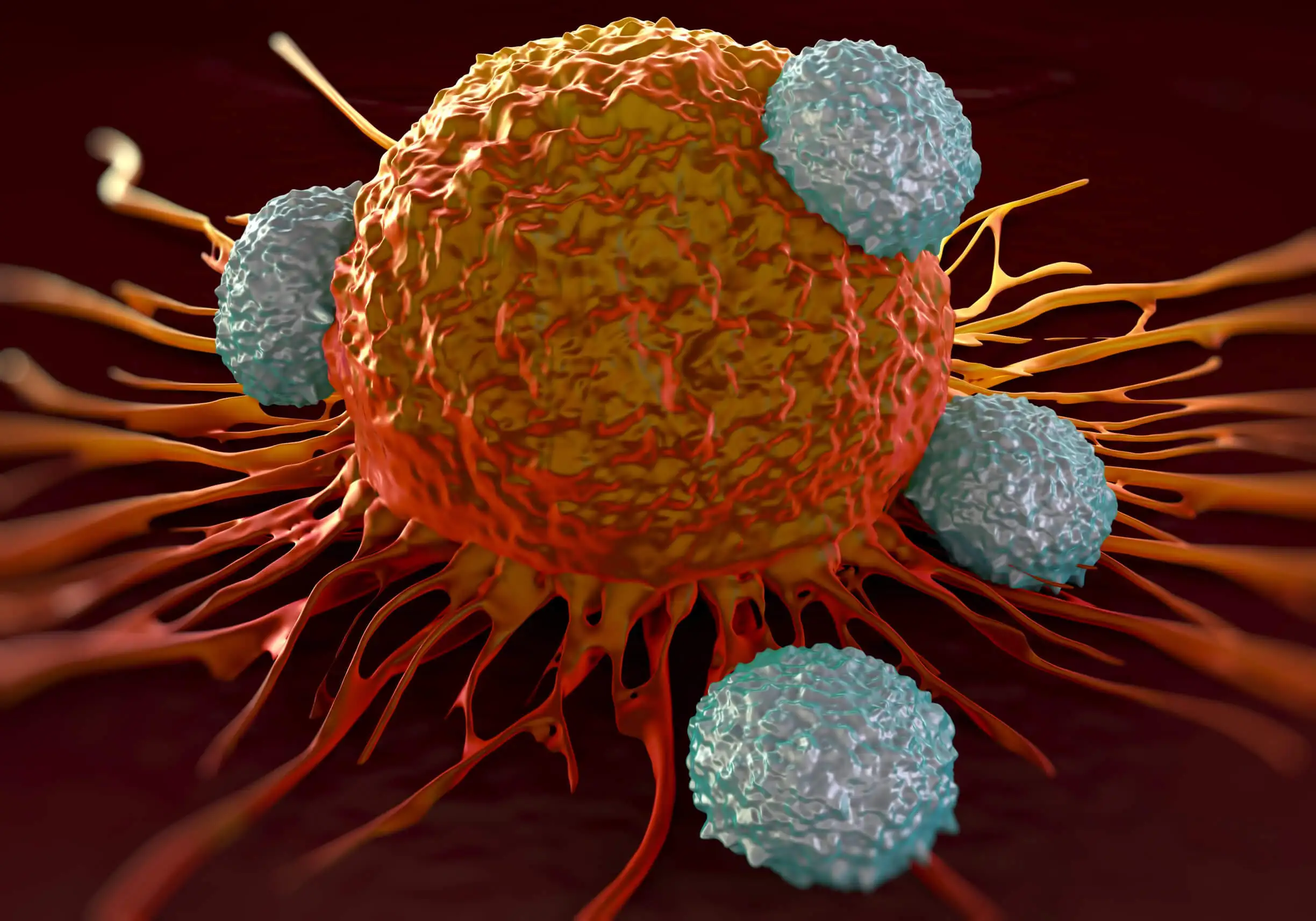Spanish Scientists Discover Cells that Cause Relapse in Colon Cancer


Written and verified by the doctor Leonardo Biolatto
Spanish scientists have published their recent discovery on colon cancer cells in the journal Nature. According to their results, it’s possible to identify the part of the original tumors that are capable of generating either metastasis or a relapse in colon cancer.
The team led by Eduard Batlle, at IRB Barcelona, has been investigating issues related to cancer, metastasis, and immunotherapy for some time now. This approach to the dreaded mechanism of cancer spread brings hope for patient survival.
It’s worth remembering that colon cancer is a worldwide public health concern. It’s estimated that more than 40,000 patients are diagnosed with this pathology every year in Spain and it’s the second most lethal neoplasm on the planet.
Why are relapses of colon cancer so critical?
When a patient is diagnosed with colon cancer, the treatment planning stage begins. Depending on the patient’s condition, it will be decided whether surgery alone, surgery with radiotherapy, surgery with radiotherapy and chemotherapy, or biological or immunomodulatory drugs will be used.
In the event that it’s possible to remove the primary tumor successfully with surgery, there’s then the fear of relapses. It’s estimated that 35% of patients experience metastasis years later, even if the original tumor was thought to have been limited and sectorized.
So, it’s clear that relapses are a real fear for patients who have already undergone surgery, and also a concern for medical teams. How can these metastases be prevented? Can anything be done to improve survival?
Faced with these questions, the Spanish scientists at IRB Barcelona set out to detect the cells that could be behind the relapses. In other words, they postulated the existence of malignant cells that, capable of hiding in some way, could be the cause of a recurrence.
About five years ago we decided to study this stage of the process about which there is very little information.

Spanish scientists’ discovery about relapse in colon cancer
Published in November 2022, the article in the journal Nature that recounts the Spanish scientists’ research is entitled Metastatic recurrence in colorectal cancer arises from residual EMP1+ cells. The title begins with the worrying statement that we have been talking about: up to 40% of patients with operated colon cancer will develop metastases.
Why do they do so? The researchers found that this cancer is composed of different types of cells. Some contribute to the growth of the primary tumor, while others have different functions. Among the latter, there’s a group that does nothing to increase the size of the tumor.
So why are they there? This isn’t clear, although it’s known that they have the capacity to detach from the primary tumor and then appear as metastases, even years after the surgery that doctors perform to treat colon cancer. This cell group is called high relapse cells or HRC.
When detached from the primary tumor, HRCs circulate in the blood and tend to settle in the person’s liver. There they remain in a quasi-dormant state. Doctors remove the primary tumor in the colon and, years later, these HRCs begin to multiply and metastasize. This is how a relapse in colon cancer occurs.
Get to know more: Symptoms of Colon Cancer in Women
The experiment with mice
The Spanish scientists who discovered these colon cancer relapse cells experimented with mice. Using laboratory techniques, in animals in which the cancer was induced, they were able to block the HRCs.
They then removed the primary tumor from the mice and analyzed the presence or absence of metastasis. The results were compelling. The operated animals had no metastases during follow-up.
In other words, by blocking or eliminating the cells with a high probability of relapse, the surgery is successful and the mice didn’t relapse. This not only proves the existence of HRCs, but also opens the door to promising treatments, in the future, to reduce metastatic risk in humans.
You may be interested in: A New Treatment Cures Cancer in a 13-year-old Girl
What is the point of knowing about these cells?
The future of cancer treatment seems to lie in immunotherapy. There are two main avenues for this:
- Through the prescription of substances that block tumor cell mechanisms.
- Through drugs that enhance the natural action of the body’s defense cells, so that they are able to attack the tumor effectively.

What the Spanish scientists discovered about the cells of relapsed colon cancer is that we could improve the treatment with suitable drugs. If we had immunotherapy that blocks HRCs, recurrences of this pathology would be minimal or non-existent.
In this sense, several investigations are being carried out in other countries to validate immunomodulatory drugs. The findings on drugs are expected to be combinable with this discovery of HRCs.
The fact that this population of cells with a high probability of relapse may be sensitive to immunotherapy suggests that the results obtained in the study will have a great impact on clinical practice in the very short term.
We already have a big clue about the cells that cause relapse in colon cancer, and other cancers. We are closer to understanding part of the mechanism behind colon cancer metastasis.
Perhaps we are facing a paradigm shift in the treatment protocols for this disease. It’s possible that, in a few years, there will be drugs available to be administered before surgery, which will then improve the prognosis after surgery. In other words, a treatment to prevent relapses, up to 5 years before they could occur. Encouraging news indeed.
All cited sources were thoroughly reviewed by our team to ensure their quality, reliability, currency, and validity. The bibliography of this article was considered reliable and of academic or scientific accuracy.
- Böckelman, Camilla, et al. “Risk of recurrence in patients with colon cancer stage II and III: a systematic review and meta-analysis of recent literature.” Acta oncologica 54.1 (2015): 5-16.
- Cañellas-Socias, A., Cortina, C., Hernando-Momblona, X. et al. Metastatic recurrence in colorectal cancer arises from residual EMP1+ cells. Nature (2022). https://doi.org/10.1038/s41586-022-05402-9
- Ganesh, Karuna, et al. “Immunotherapy in colorectal cancer: rationale, challenges and potential.” Nature reviews Gastroenterology & hepatology 16.6 (2019): 361-375.
- Messersmith, Wells A. “NCCN guidelines updates: management of metastatic colorectal cancer.” Journal of the National Comprehensive Cancer Network 17.5.5 (2019): 599-601.
- Vasquez, Liliana, et al. “Inmunoterapia en cáncer: de los inicios al premio Nobel.” Revista Peruana de Medicina Experimental y Salud Pública 37 (2020): 115-121.
This text is provided for informational purposes only and does not replace consultation with a professional. If in doubt, consult your specialist.








